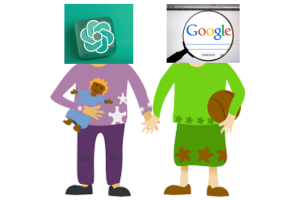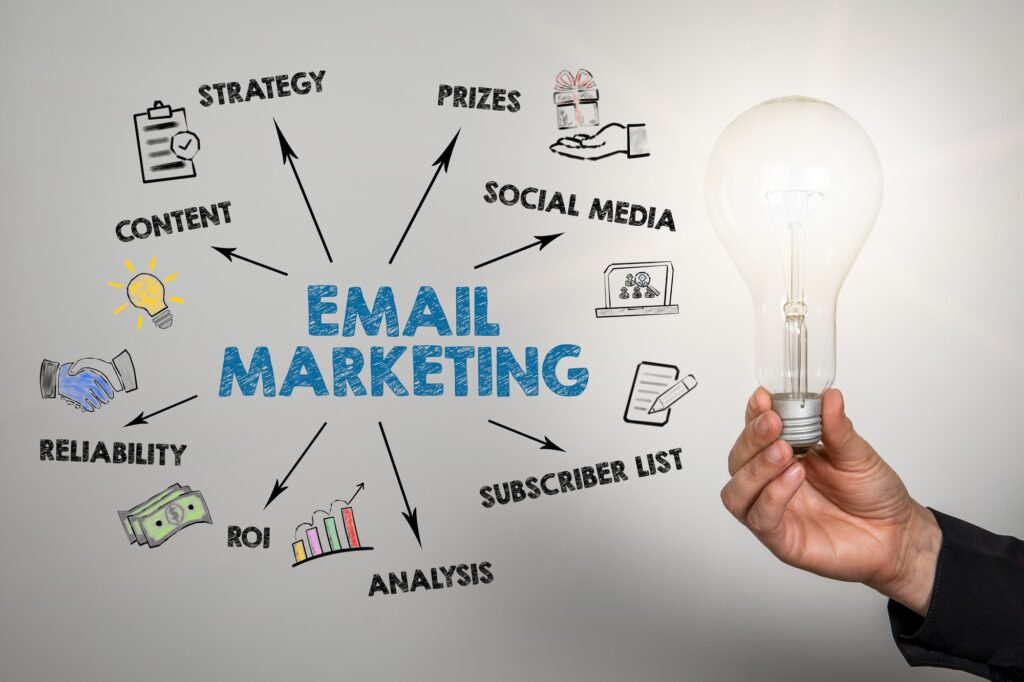ChatGPT, powered by OpenAI, has garnered attention as a cutting-edge language model capable of engaging in human-like conversations. As its capabilities expand, questions arise about the potential impact on existing technologies, including search engines like Google. In this blog, we will conduct an in-depth analysis to explore the relationship between ChatGPT and Google Search, assess the potential impacts, and discuss the implications for users and marketers in the ever-evolving digital landscape. Which can potentially open up more Digital Marketing Jobs in India
- Understanding ChatGPT and Google Search:
ChatGPT is an AI-based language model designed to generate human-like responses in conversational interactions. On the other hand, Google Search is a search engine that utilizes complex algorithms to provide users with relevant information based on their search queries. While both technologies involve language processing, their primary functions and underlying structures differ significantly.
- Complementary Roles: Conversational AI vs. Search Engines:
ChatGPT and Google Search serve different purposes and can be viewed as complementary rather than direct competitors. ChatGPT excels at generating dynamic responses and engaging in conversation, making it suitable for interactive tasks such as customer support, virtual assistants, or content creation. Google Search, on the other hand, specializes in retrieving and organizing information from the web to provide accurate and relevant search results.
- Evolving User Interactions:
The advent of ChatGPT and conversational AI has the potential to influence user interactions with search engines. While traditional search engines are query-based and provide a list of relevant web pages, ChatGPT offers a conversational experience. Users may leverage ChatGPT to engage in natural language conversations to obtain information or seek personalized recommendations. However, the impact on user behavior and adoption remains uncertain, and search engines like Google are continuously adapting to changing user preferences.
- Implications for Marketers:
The rise of ChatGPT prompts marketers to consider new strategies to optimize their content for conversational interactions. While traditional SEO practices still hold relevance, marketers should also focus on creating conversational content that aligns with user intent and is easily consumable in a dialogue-based format. Moreover, understanding user behavior within conversational AI platforms can provide insights into emerging trends, enabling marketers to tailor their strategies accordingly.
- Future of Search Engines:
ChatGPT and similar conversational AI models are part of a broader shift towards more interactive and personalized experiences. Search engines like Google are actively incorporating AI technologies to enhance their capabilities and adapt to evolving user expectations. It is likely that search engines will continue to integrate conversational AI elements to offer a more dynamic and engaging user experience, combining the strengths of both technologies.
Conclusion:
ChatGPT and Google Search operate in different spheres, with ChatGPT focusing on conversational interactions and Google Search specializing in information retrieval and organization. While ChatGPT may influence user interactions and prompt adjustments in marketing strategies, it is unlikely to cannibalize Google Search. Instead, these technologies can be viewed as complementary, with search engines incorporating AI elements to enhance user experiences. As the digital landscape continues to evolve, understanding the relationship between ChatGPT and Google Search helps users and marketers adapt, ensuring they leverage the strengths of each technology to meet their specific needs. It would be intresting to see how the two will be thriving in an aspect like Affiliate Marketing Post-AI and ChatGPT Era.



